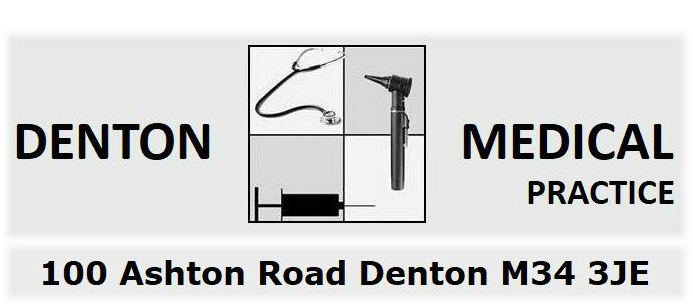Coronavirus (COVID-19)
Latest Practice Policy
Please continue to contact us about any medical problems. In order to ensure that we can continue to deal with as many patients as possible, we have been advised by the Government that general practice should move to telephone and online consultations where possible.
This helps to minimise the number of people who are physically coming into the practice. Where possible we avoid seeing patients who have coronavirus symptoms but who are managing well at home.
We invite all patients requiring a routine appointment to access Online Consult in the first instance. For anyone who cannot access this, telephone triage will be used.
Please use Patient Access for request of repeat prescriptions or use the Online Form to order your medication which will be sent direct to your nominated pharmacy by use of the Electonic Prescription Service (EPS).
In all instances, clinicians will review your needs via Online Consult and telephone before a face to face appointment.
Where possible please DO NOT enter or attend the surgery.
If you do not have access to the internet, please drop your requests at the GP surgery by use of the Outside Letter Box.
Thank you for your understanding.
Information about Coronavirus
Coronavirus (COVID-19) is a type of virus. As a group, coronaviruses are common across the world. Typical symptoms of coronavirus include fever and a cough that may progress to a severe pneumonia causing shortness of breath and breathing difficulties.
Generally, coronavirus can cause more severe symptoms in people with weakened immune systems, older people, and those with long-term conditions like diabetes, cancer and chronic lung disease.
Overview of coronavirus on the NHS website
Advice for the General Population
Stay at home if you have coronavirus symptoms - either a high temperature (you feel hot to touch on your chest or back) or a new, continuous cough (this means you've started coughing repeatedly). It is important that you do not go to a GP surgery, pharmacy or hospital if you have symptoms and that you follow the advice.
- If you test positive, stay at home for 10 full days.
- If you live with other people, they should stay at home for 10 days from the day the first person got symptoms or tested positive.
- If you live with someone at higher risk, try to arrange for them to stay with friends or family while you're self-isolating.
- If you have to stay at home together, try to keep away from each other as much as possible.
Contacting NHS 111
You do not need to contact NHS 111 to tell them you are staying at home. Testing for coronavirus can be requested if you have the symptoms. You may use the NHS 111 online coronavirus service if:
- you feel you cannot cope with your symptoms at home
- your condition gets worse
- your symptoms do not get better after 7 days
Click NHS 111 if you need medical advice
NHS advice about staying at home
Get an isolation note for work
Government guidance for households
FAQs: what you can and can't do
You can help too.
Germs can live on some surfaces for hours. To protect yourself and others by slowing the spread of almost any germs, including Coronavirus.
- Always carry tissues with you and use them to catch your cough or sneeze. Use face coverings.
- Bin the tissue, and to kill the germs, wash your hands with soap and water, or use a sanitiser gel.
- Follow the specific advice for returning travellers. See below for more details about this.

